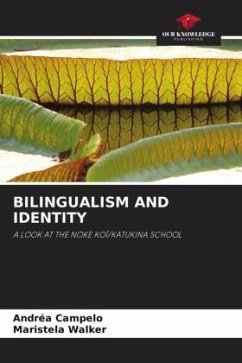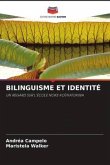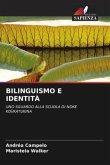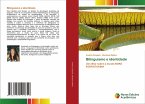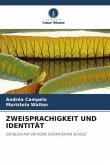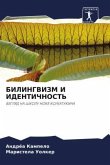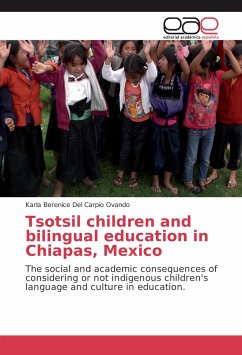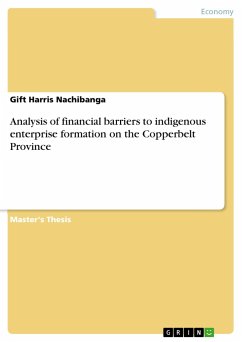This work is situated within the qualitative approach to research. It is inserted in the theoretical and methodological perspective of ethnography, located in the field of ethnolinguistics and education, and supported by authors such as Orlandi (1990), Bakhtin (2014), Hall (2005), Bauman (2005), Glissant (2011), Bhabha (1998), among others. We conducted an analysis of language, starting from Bakhtin, weaving a dialogue with authors from cultural studies. The general objective of this work is to evaluate the context and the influence of bilingualism in the indigenous community Noke Ko for the maintenance of the identity of this people. Thus, we seek to know what are the main factors that interfere with the affirmation of the identity of the people in question from the contact with the surrounding society and, consequently, with the Portuguese language, having as a cutout the indigenous school. What are the mechanisms that the school of the Noke Ko people uses to maintain/strengthen the language and culture of their people. The results present the threats that the Noke Vana language has been suffering with the increasingly constant presence of Portuguese, with linguistic substitutions and loans.

